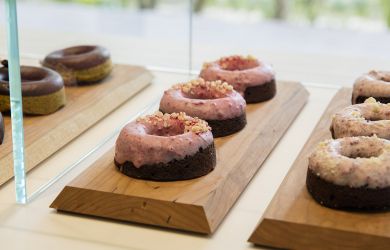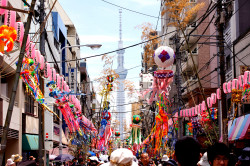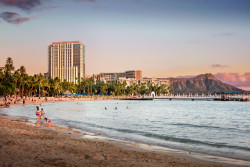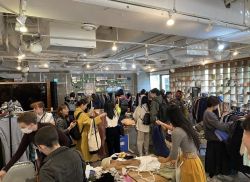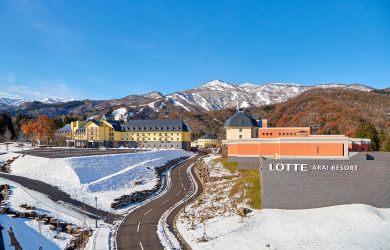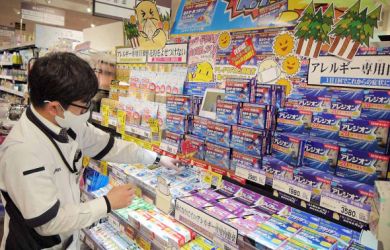
Originally published on metropolis.co.jp on January 2010
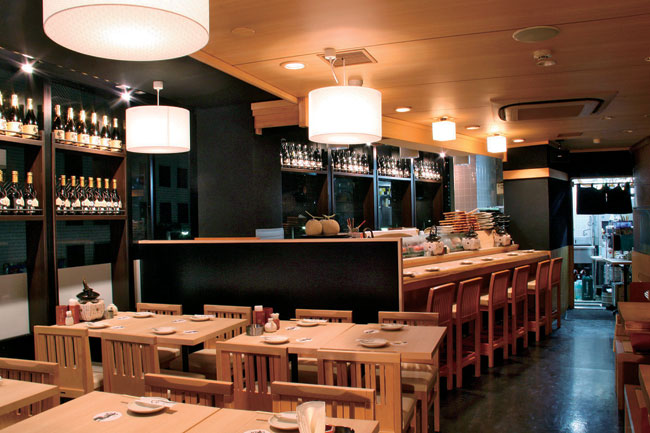
They say the best way to experience a culture is through its food. So for those who haven’t made it down to Kyushu, a trip to Nechuya may be the next best thing. Around the corner from the Konan exit of Shinagawa station, this newly opened restaurant specializes in regional cooking that will satisfy both culinary tourists and locals.
The staff’s warm welcome made us we feel like we had walked into someone’s living room (in Kyushu). A large TV dominating the main dining room showed famous local singers, and an unassuming, paper-lantern-lit ambience gave off a cozy and casual feel. Arriving at 6:30pm, we were the only customers for a while, which augmented the “at-home” air of the place. As the night wore on, however, Nechuya became increasingly pub-like, and eventually all of the tables were occupied. Our waitress was generally polite and quick, yet displayed some confusion when asked for her recommendations and seemed a bit overwhelmed towards the end of our meal.
The menus, printed on newspaper—another homey touch—are remarkably Kyushu comprehensive, and diners with a penchant for the southwestern Japanese region will be spoilt for choice. We couldn’t resist the buri shabu shabu (¥1,980), a Nagasaki-style nabe of tender, fresh fish, tofu and vegetables beautifully presented and served with some zingy ponzu. The goto udon (¥500), another Nagasaki offering, were thin yet meaty—more akin to ramen than udon, we thought—and went well with the leftover nabe broth.
Continuing our faux tour of the region, we ordered some Kagoshima-style satsuma age (¥480), a well-balanced fish cake with a bit of a kick, followed by some bite-size Hakata gyoza (¥1,000). We had been drooling over these dumplings since seeing them on a TV show recently, and they were absolutely sensational—the robust seasoning, complementary chewy and crispy textures, and spicy topping made for a moment of dining divinity. The only lackluster dish was the “recommended” fried ankimo (monkfish liver, ¥820). Yet even this, though unremarkable, was fresh and filling, reminding us of fleshy white fish like fugu (also available in various preparations).

Though there were so many other things we wanted to try, like the Miyazaki “battling” chicken, we decided to stop there. We stayed on sipping our hire-zake, a warm nihonshu with fugu fin (¥950), well past the two-hour allotment our reservations allowed us, and the staff never made us feel hurried. This trip around Kyushu, courtesy of Nechuya airlines, had been well worth taking.
